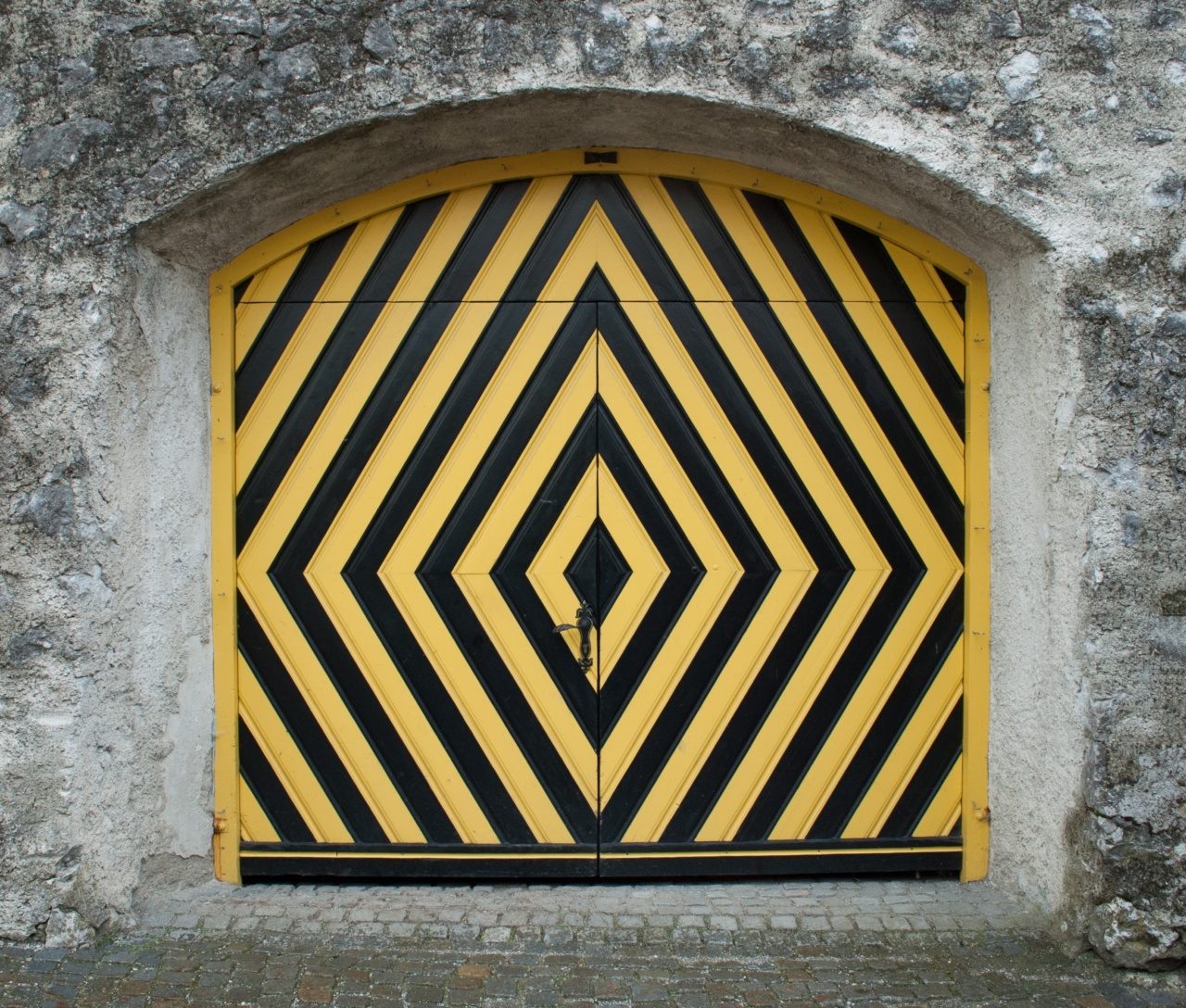Gallstones, also known as bile stones, are small, hard crystals that can form in the gallbladder or bile ducts. They are made up of cholesterol, bilirubin, and other substances found in bile.
Many people with gallstones don’t experience any symptoms, but others may experience pain and discomfort. Here are some warning signs that you may have bile stones:.
Abdominal pain
One of the most common symptoms of gallstones is abdominal pain, particularly in the upper-right part of the abdomen. The pain may also spread to the back, chest, or shoulder. The pain can be mild or severe, and it may come and go.
It is often described as a dull ache or a sharp stabbing pain.
Nausea and vomiting
If you have bile stones, you may experience nausea and vomiting. These symptoms may be more common after eating fatty or greasy foods. You may also feel bloated or have indigestion.
Fever and chills
In some cases, bile stones can cause an infection in the gallbladder or bile ducts. This can lead to fever, chills, and sweating. If you experience these symptoms along with abdominal pain, it is important to seek medical treatment right away.
Jaundice
If a bile stone gets stuck in the bile duct, it can cause a buildup of bilirubin in the blood. This can lead to jaundice, a condition in which the skin and whites of the eyes turn yellow. Jaundice may also cause dark urine and pale stools.
Pancreatitis
In some cases, bile stones can lead to inflammation of the pancreas, a gland that produces digestive enzymes. This condition is called pancreatitis, and it can cause severe abdominal pain, nausea, vomiting, and fever.
Pancreatitis can be a medical emergency and requires immediate treatment.
Indigestion and bloating
If you have bile stones, you may experience indigestion and bloating after eating. This may be more common after eating fatty or greasy foods. You may also feel full or uncomfortable in the upper part of your abdomen.
Chest pain and breathing difficulties
In rare cases, bile stones can cause chest pain and difficulty breathing. This may happen if a bile stone moves into the lungs or if it causes inflammation in the chest cavity. These symptoms require immediate medical attention.
Fatigue and weakness
If you have bile stones, you may feel fatigued or weak. This may be due to a lack of appetite or the physical stress of experiencing abdominal pain.
Yellow skin and eyes
If you develop jaundice, you may notice that your skin and eyes have turned yellow. This is due to a buildup of bilirubin in the blood, which is caused by a bile stone blocking the bile duct.
Dark urine and pale stools
If you have bile stones, you may notice that your urine is darker than usual and that your stools are pale. This is due to a buildup of bilirubin in the blood, which can affect the color of urine and stools.





























